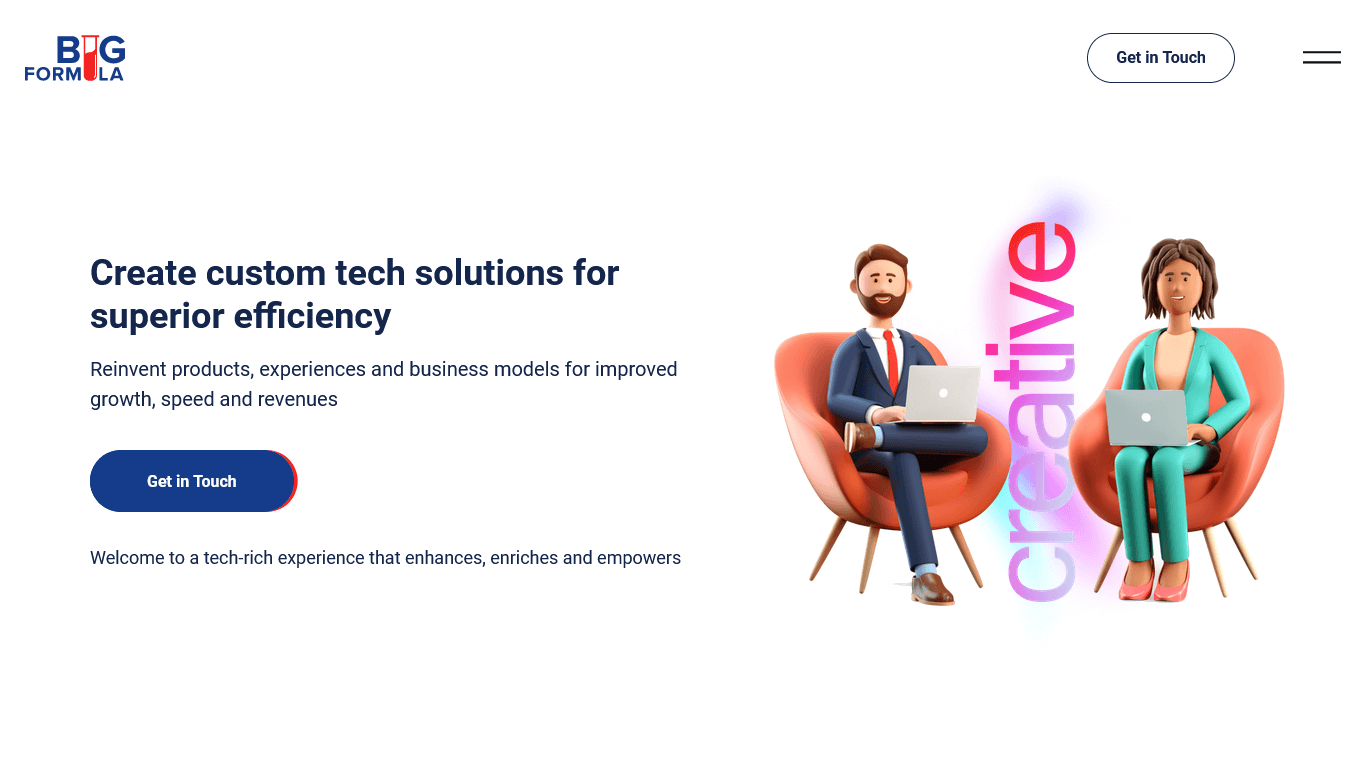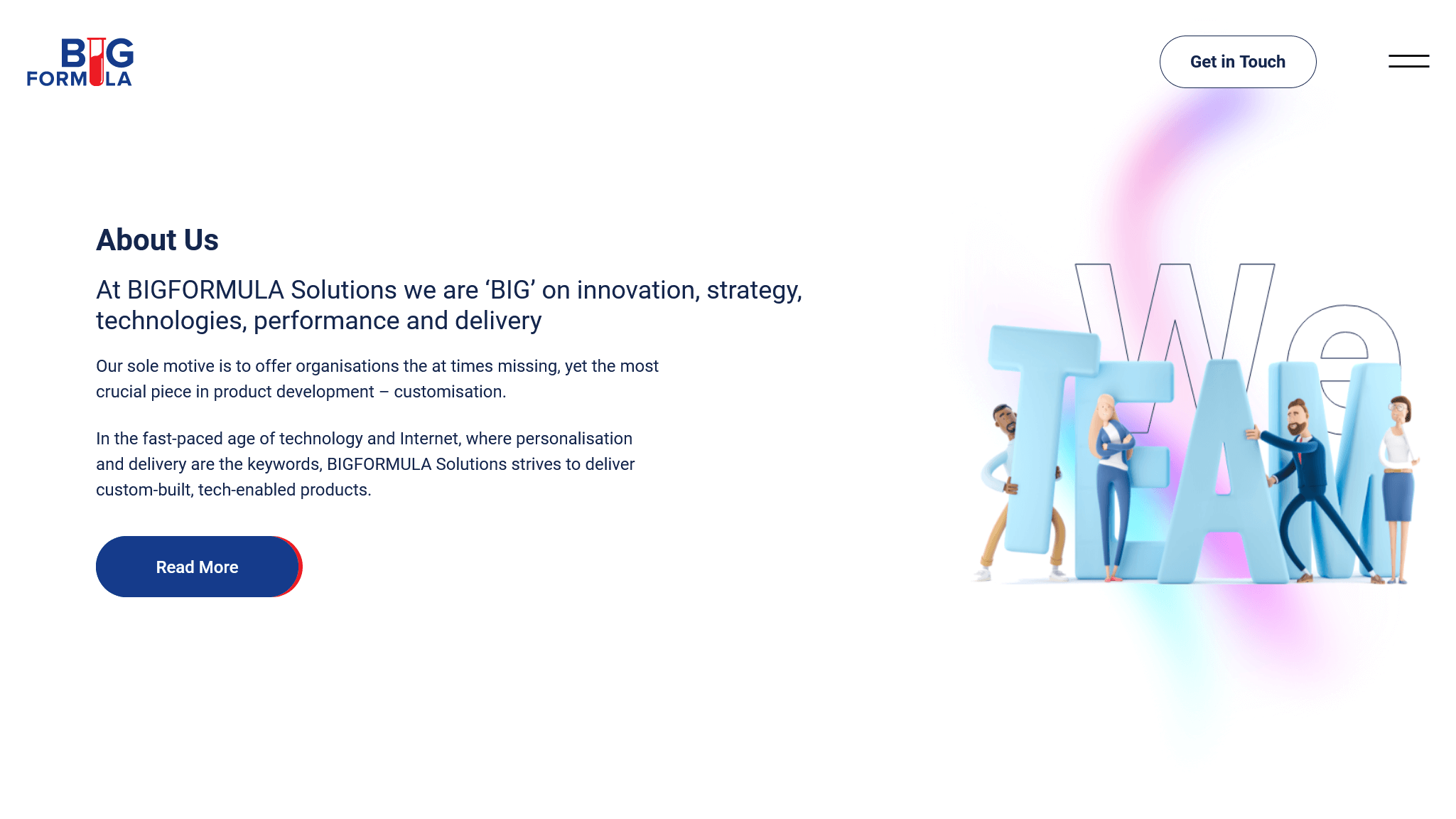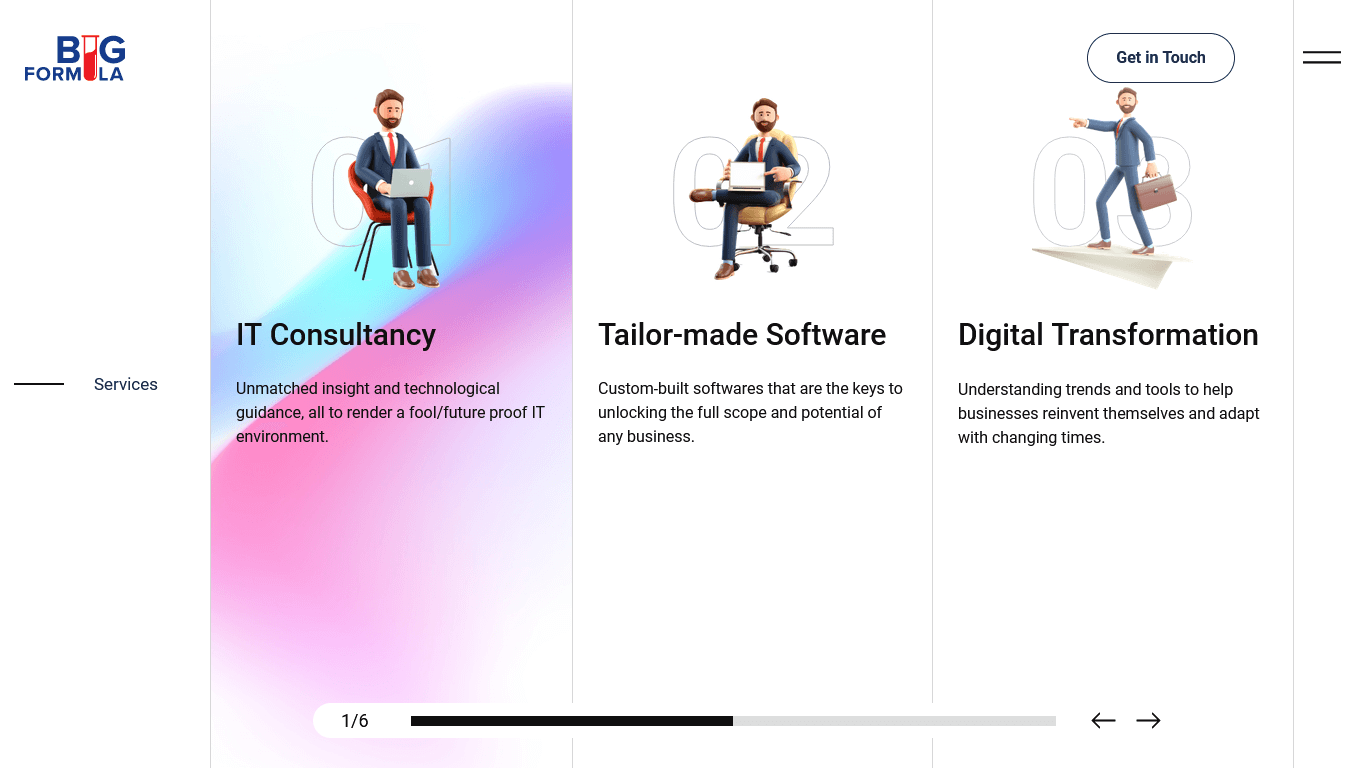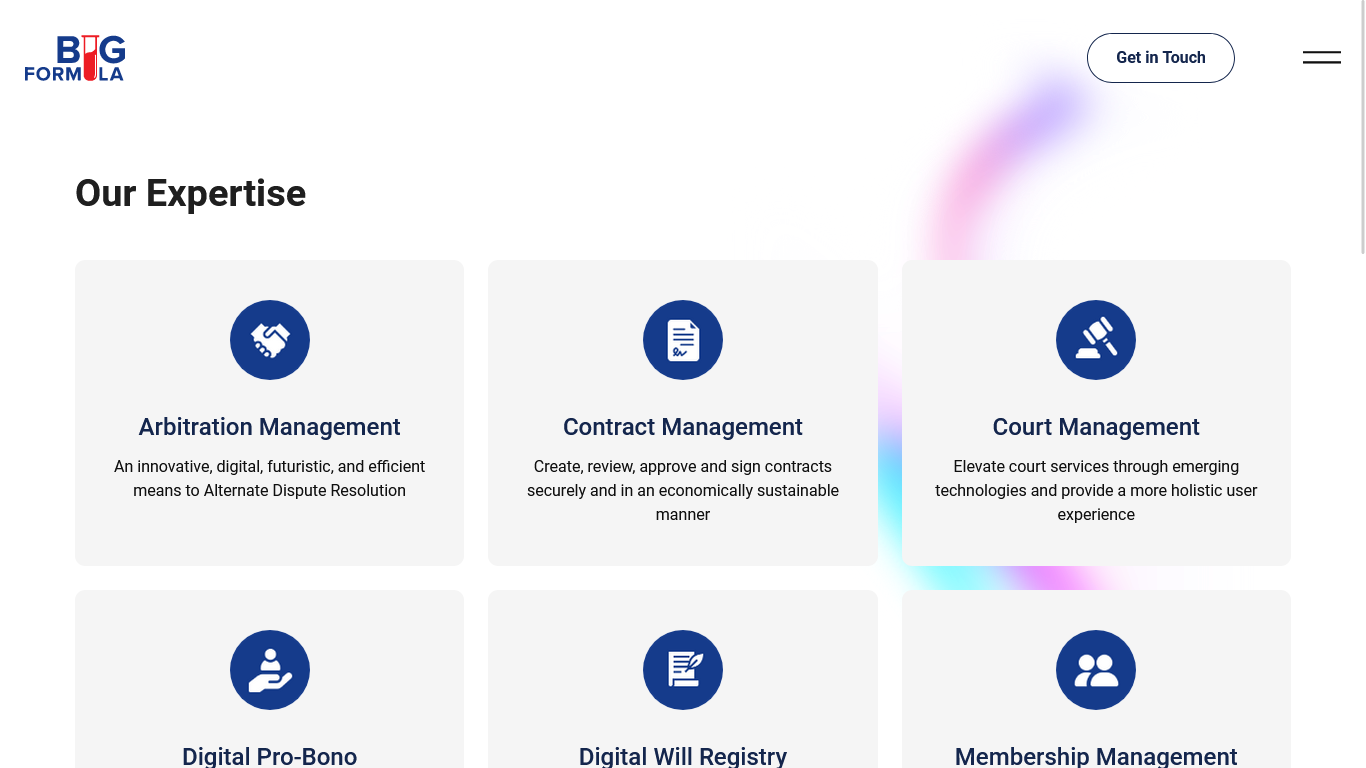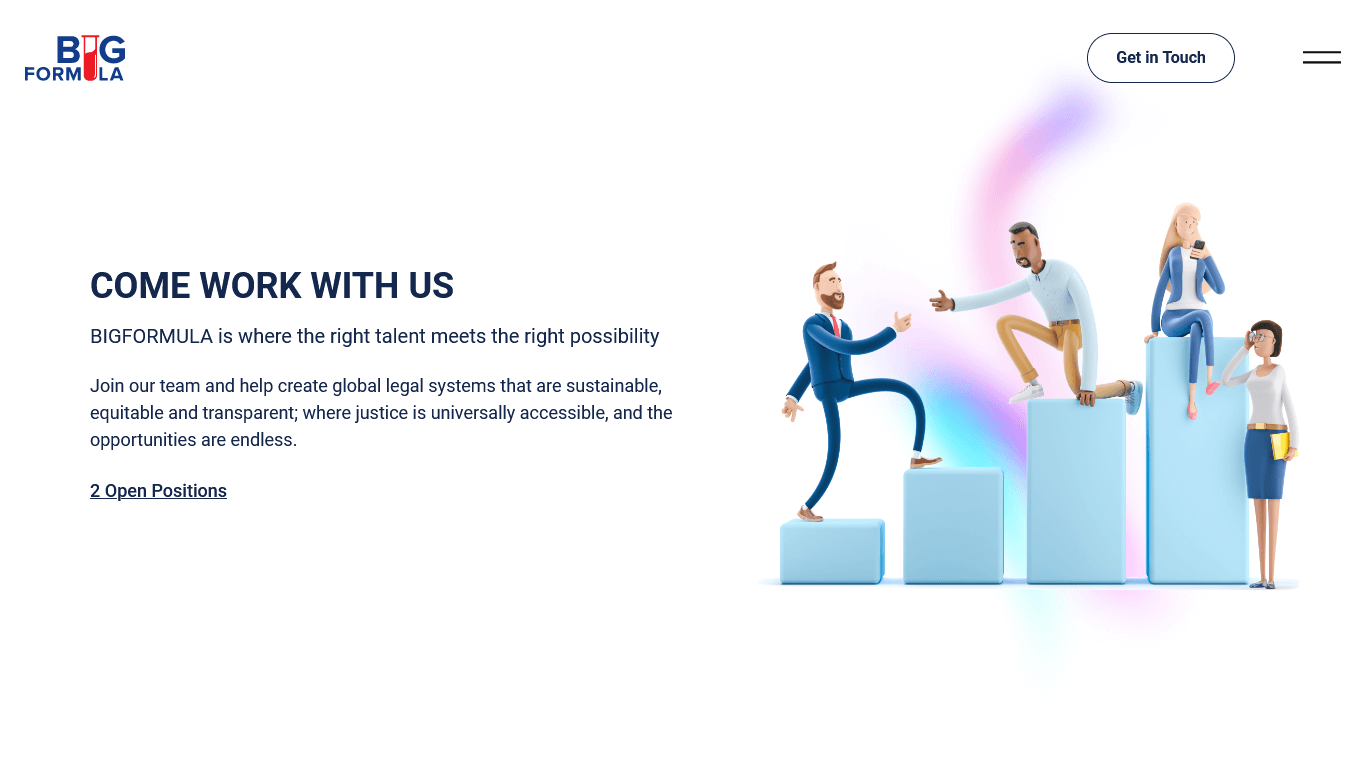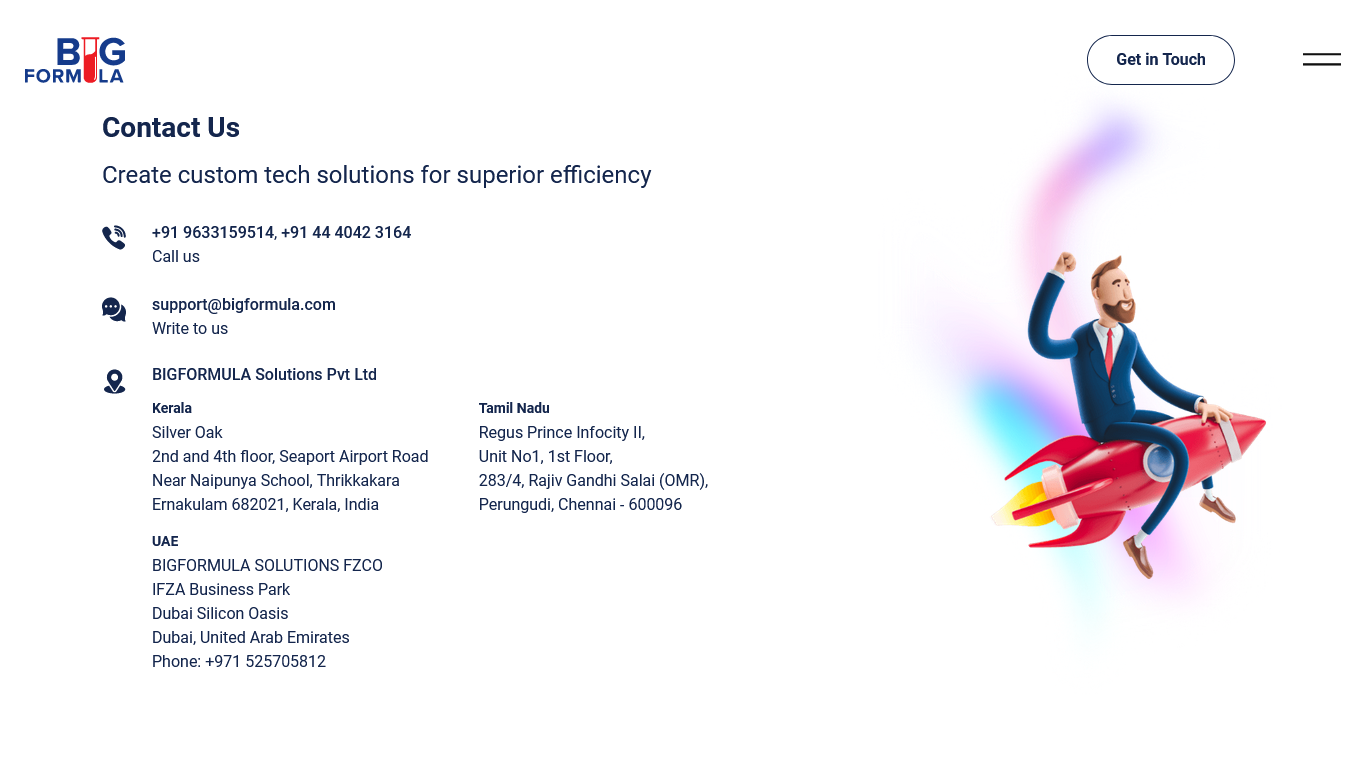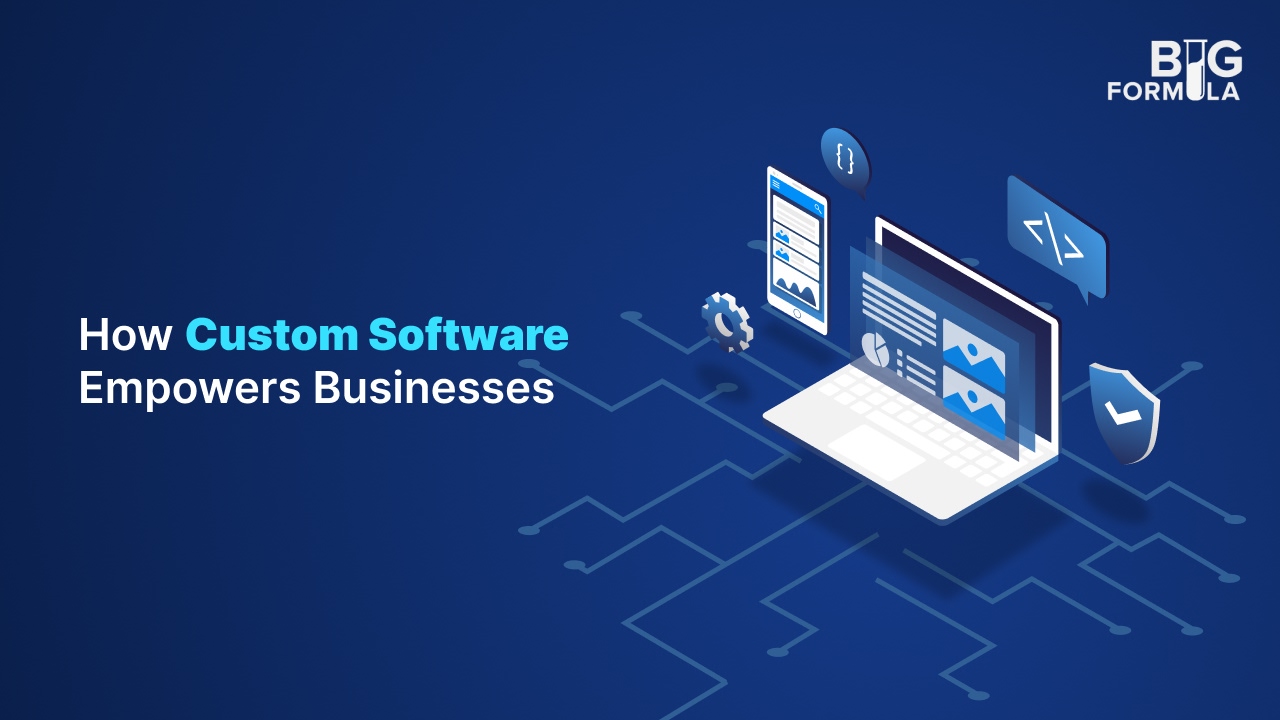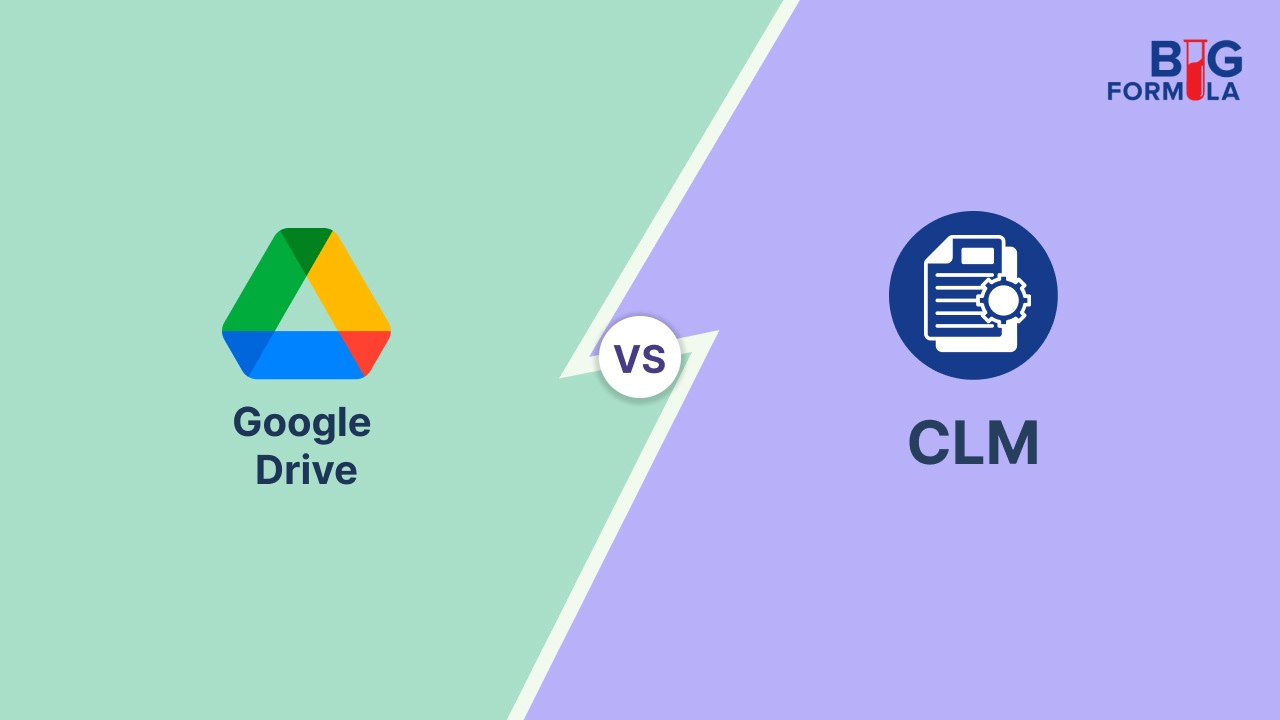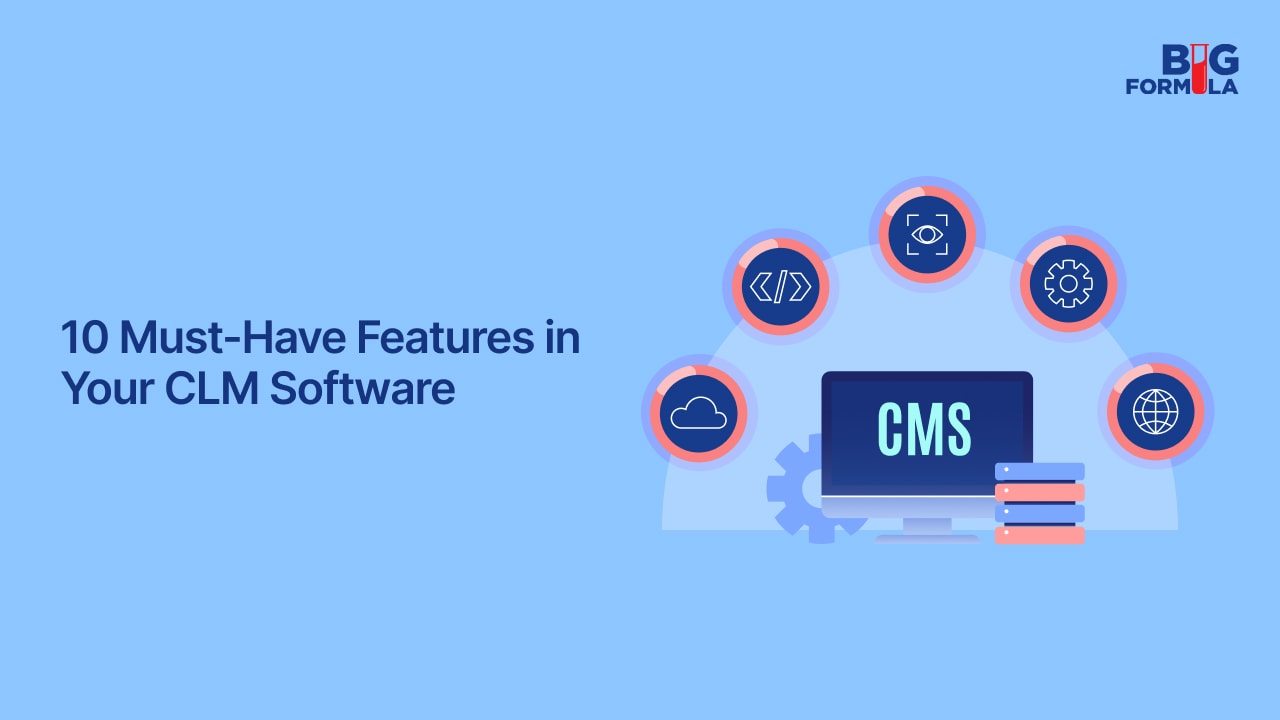Unlocking Value: What Drives Contract Management Software Costs & Why It’s Worth It
Contract management software is essential for streamlining operations, reducing risks, and improving efficiency. Understanding its cost is key to making an informed investment, not to mention, aligning software capabilities with business goals and ensuring long-term value.
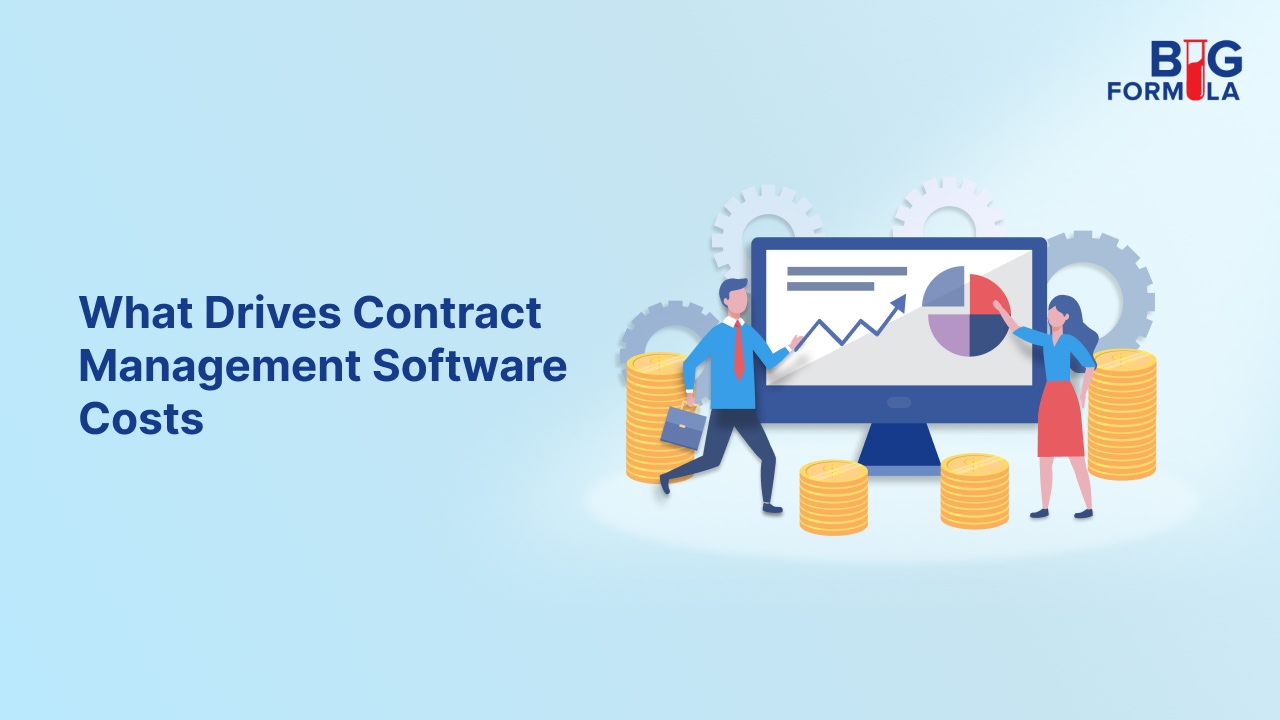
Contract management software has become an indispensable tool for businesses aiming to streamline operations, reduce risks, and improve efficiency. However, understanding the cost of contract management software is crucial for making an informed decision. The pricing of these tools can vary significantly based on a multitude of factors, from deployment models to the level of customisation required. By delving into what determines contract management software cost, businesses can better align their investment with their specific needs and goals, ensuring a higher return on investment (ROI) and long-term value.
Key Factors Influencing Contract Management Pricing
Pricing for contract management solutions is influenced by several critical factors that determine overall cost and long-term value. Understanding these elements can help businesses choose a solution that aligns with their operational needs and budget.
1. Deployment Models: Cloud vs. On-Premises
The first and primary determinant of contract management pricing is the deployment model. Cloud-based solutions, often offered as Software-as-a-Service (SaaS), typically involve lower upfront costs, and are billed on a subscription basis. These platforms are hosted remotely, reducing the need for internal IT infrastructure and maintenance. On the other hand, on-premises solutions require significant upfront investment in hardware and software licenses but offer greater control over data security and customisation. The choice between these models depends on your organisation’s budget, IT capabilities, and long-term scalability needs.
2. Number of Users and Scalability Needs
The number of users, or ‘seats,’ directly impacts contract management software costs. Most solution providers charge per user, or over the number for contracts managed, with discounts often available for bulk purchases. The aspect under critical consideration here is scalability. As your business grows, you may need to add more users or see an increase in the volume of contracts managed. Opting for a solution that scales seamlessly with your organisation can prevent costly migrations or upgrades down the line.
3. Features and Functionality: From Basic to Advanced
The range of features offered by contract management software significantly influences its pricing. Basic plans may include essential tools like contract storage, templates, and basic reporting, while advanced plans offer AI-powered analytics, automated notifications and reminders, and integrations with other ERPs. While it is tempting to opt for the most feature-rich solution, it is important to assess which functionalities align with your business needs to avoid paying for unnecessary extras. Here is where customisation comes most handy, but of course, it comes with a price.
4. Customisation and Integration Requirements
Customisation and integration capabilities are often key drivers of contract management software cost. Businesses with unique workflows or specific compliance requirements may need tailored solutions, which can increase the price. Similarly, integrating the software with existing tools like CRM or ERP systems can enhance efficiency but may involve additional costs. However, these investments often pay off by streamlining processes and reducing manual effort.
5. Vendor Reputation and Support Quality
The reputation of the vendor and the quality of support they provide definitely affects pricing. Well established vendors with a proven track record may come at a higher price, but they often offer superior customer service, comprehensive training, and reliable software. That is just the supply-and-demand framework of capitalism at its finest. So, when evaluating contract management pricing, always consider the long-term value of working with vendors who provide robust support and continuous updates.
The True Cost of Contract Management Software
Investing in contract management software goes beyond just the subscription fee. Understanding the often-overlooked expenses that come with these solutions can help avoid lasting impacts on budgets and overall efficiency.
1. Implementation and Setup Fees
While subscription fees are the most visible cost, implementation and setup fees can add to the overall expense. These one-time costs may include data migration, system configuration, and can be nuanced. For businesses with complex requirements or large volumes of executed and banked contracts, these fees can be substantial but are often necessary for a smooth transition.
2. Training and Ongoing Support
Ensuring that your team is proficient with the new software is critical for maximising its value. Some providers include training as part of the package, while others charge extra for it. Additionally, ongoing support, such as access to a dedicated account manager or 24/7 customer service, may come at an additional cost, but can significantly enhance user adoption and satisfaction.
3. Security and Compliance Add-ons
Data security is a top priority for businesses, especially those handling sensitive information. Advanced security features, such as encryption, multi-factor authentication (MFA), and compliance with industry standards like GDPR or HIPAA, may incur additional costs. However, these investments are essential for protecting your organisation from data breaches and regulatory penalties.
Maximising ROIs on Contract Management Software
Investing in contract management software is just the first step – maximising its return on investment (ROI) requires strategic implementation. Finding the right key to unlock the full potential of a contract management system could very easily make or break a business’s success story.
1. Aligning Software Features with Business Goals
To get the most out of your investment, it is crucial to align the software’s features with your business objectives. For example, if your goal is to reduce errors related to contract deadlines and renewals, prioritise tools like data tracking and automated reminders and notifications. By focusing on features that address your specific pain points, you can ensure that the software delivers tangible benefits.
2. Leveraging Automation and AI-Powered Tools
Automation and AI-powered tools can significantly enhance the efficiency of your contract management processes. Features like AI-driven clause suggestions, automatic redlining, and predictive analytics can save time, reduce errors, and provide valuable insights. While these advanced tools may increase the initial cost, their long-term benefits often outweigh the expense.
3. Ensuring User Adoption and Engagement
The success of any software implementation depends on user adoption. Choose a platform with an intuitive interface and provide adequate training to ensure that your team can use it effectively. Encouraging feedback and addressing any challenges promptly can also boost engagement and maximise the software’s impact.
The True Worth of Advanced Contract Management Software
Investing in contract management software is not just about digitising contracts, it is about transforming the way businesses handle agreements, mitigate risks, and drive efficiency. While basic solutions cover fundamental contract storage and tracking, advanced platforms provide a suite of intelligent features that more than justify their pricier price tags.
One key advantage is automation. High-end contract management software streamlines workflows with automated contract creation, approvals, and renewals, reducing human error and saving time. AI-driven analytics provide deeper insights into contract trends, risk areas, and performance, helping businesses make data-driven decisions. This software also enhances compliance management, ensuring adherence to industry regulations through built-in audit trails, access controls, and real-time alerts.
Another factor that adds value is seamless integration. Premium contract management software connects with existing business systems like CRMs, ERPs, and accounting tools, improving operational continuity.
Customisation options further increase the software’s worth by allowing organisations to tailor processes to their exact needs. While these features may raise the initial investment, the long-term savings in time, risk reduction, and operational efficiency make advanced solutions well worth the cost.
Read More: Master Your Contracts: 10 Key Benefits of Contract Lifecycle Management Software
Customisation is Key
Customisation and integration play a crucial role in maximising the value of contract management software. A well-customised system allows businesses to tailor workflows, devise contract templates, and programme approval hierarchies to align with their specific operational needs. This flexibility helps streamline processes, reduce manual interventions, and ensure compliance with internal policies. Similarly, seamless integration with existing business systems, financial platforms, and other legal tools enhances efficiency by eliminating data silos and enabling a more connected workflow.
For organisations seeking a balance between adaptability and ease of use, choosing a software that supports deep customisation, and smooth integration could be a game-changer. BIGFORMULA is one of the few service providers whose custom contract lifecycle management software enables businesses to configure processes without any added complexity while ensuring interoperability with essential enterprise tools. This approach allows businesses to optimise contract lifecycles with minimal disruption, enhancing both efficiency and compliance.
Conclusion
Choosing the right contract management software is about balancing cost, functionality, and business needs. While pricing is a key factor, the value of automation, AI insights, compliance management, customisation and integration capabilities should not be overlooked. A well-chosen solution improves efficiency, reduces risks, and provides long-term savings. Businesses should assess their priorities and invest in a platform that not only meets current requirements but also looks to the future for continued growth and success.
Wondering how you can get the best out of your contract management software? Discuss your needs and goals with BIGFORMULA.
Reach out to us and schedule a Free Tech Consultation

